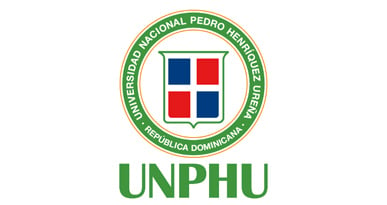Mostrar el registro sencillo del ítem
Development of computational thinking through STEM activities for the promotion of gender equality
| dc.contributor.author | Paucar-Curasma, Ronald | |
| dc.contributor.author | Cerna-Ruiz, Liszeth Paola | |
| dc.contributor.author | Acra-Despradel, Claudia | |
| dc.contributor.author | Villalba-Condori, Klinge Orlando | |
| dc.contributor.author | Massa-Palacios, Luis Alberto | |
| dc.contributor.author | Olivera-Chura, Andrés | |
| dc.contributor.author | Esteban-Robladillo, Isabel | |
| dc.date.accessioned | 2023-09-09T21:00:55Z | |
| dc.date.available | 2023-09-09T21:00:55Z | |
| dc.date.issued | 2023-08-14 | |
| dc.identifier.citation | Paucar-Curasma, R.; Cerna-Ruiz, L.P.; Acra-Despradel, C.; Villalba-Condori, K.O.; Massa-Palacios, L.A.; Olivera-Chura, A.; Esteban-Robladillo, I. (2023). Development of Computational Thinking through STEM Activities for the Promotion of Gender Equality. Sustainability. 15, 12335. https://doi.org/10.3390/su151612335 | en_US |
| dc.identifier.uri | https://repositorio.unphu.edu.do/handle/123456789/5280 | |
| dc.description.abstract | In the article the authors evaluate the computational thinking skills according to gender of a group of male and female students of industrial engineering and systems engineering from universities located in the Andean region of Peru; the five key skills were evaluated: abstraction, decomposition, generalization, algorithmic design, and evaluation. To strengthen computational thinking, activities related to agriculture, livestock, the environment, safety, and education were proposed, which are of interest to the community where the students live. The research methodology followed is quasi-experimental of the post-test type with intentional non-probabilistic sampling. During the development of the activities, the students used microcontrollers, sensors, and actuators; thus, they also used block-based programming to implement hardware and software prototypes. The results have shown, according to the inferential analysis, that there are no significant differences between male and female students in any of the computational thinking skills. These results were due to the educational strategy applied in the development of STEM activities, which focused on solving real problems in the student community and generated the same enthusiasm in female and male students compared to other activities that only generated motivation in male students. | en_US |
| dc.language.iso | en | en_US |
| dc.publisher | Sustainability | en_US |
| dc.rights | Attribution-NonCommercial-NoDerivatives 4.0 Internacional | * |
| dc.rights.uri | http://creativecommons.org/licenses/by-nc-nd/4.0/ | * |
| dc.subject | Pensamiento computacional | en_US |
| dc.subject | Dispositivos electrónicos | en_US |
| dc.subject | Género | en_US |
| dc.title | Development of computational thinking through STEM activities for the promotion of gender equality | en_US |
| dc.type | Article | en_US |


